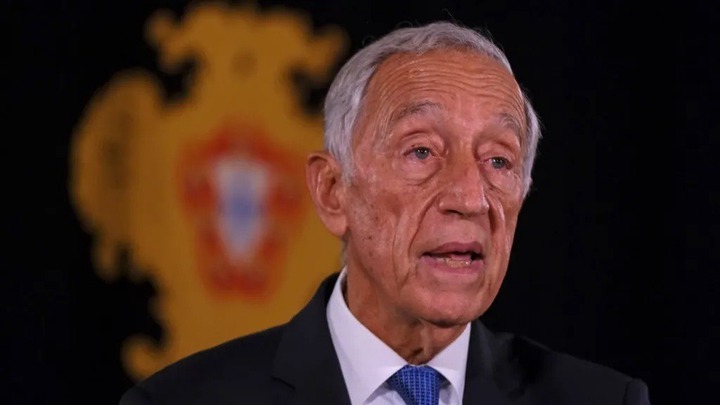Portugal has revealed plans to increase imports of Liquefied Natural Gas (LNG) from Nigeria and the United States as part of efforts to secure energy independence and reduce reliance on Russian gas. This decision follows sanctions on Russian oil and gas imported via pipelines after its 2022 invasion of Ukraine....TAP TO READ THE FULL CONTENT | TAP TO READ THE FULL CONTENT
According to Portugal’s Environment Minister Maria da Graça Carvalho, the country is nearly independent of Russian gas but aims to completely eliminate this dependency. Speaking at the World Economic Forum in Davos, Carvalho stated, “Portugal is now practically independent of Russian gas … but we want to reduce this figure further by importing more gas from Nigeria and the United States.”
In 2024, Portugal imported 49,141 gigawatt-hours of natural gas, 96% of which was LNG. Nigeria accounted for 51% of these deliveries, while the United States contributed 40% and Russia supplied 4.4%, data from grid operator REN shows. In comparison, Russia supplied 15% of Portugal’s LNG needs in 2021.
The shift in Portugal’s energy sourcing aligns with broader European Union efforts to reduce dependency on Russian energy. However, US President Donald Trump’s aggressive energy policies, aimed at flooding the global market with American oil, could pose risks to Nigeria, Africa’s largest oil producer.
David Okechukwu, a drilling engineer based in Port Harcourt, the capital of Rivers State in Nigeria, told Neusroom that Trump’s energy policies and his intention to drill more oil will lower the price of crude in the global market.
“We might see a slight reduction of oil price if US decides to drill as Trump is projecting,” he said.
Although more oil could reduce the cost of energy, Lagos-based SBM Intelligence warns that Trump’s policies may destabilize Nigeria’s economy, which heavily relies on oil exports for revenue.
“Nigeria’s economy relies heavily on oil exports, and Trump’s pledge to flood the global market with American oil seriously threatens the country’s financial stability,” the firm noted.
A potential global oil price decline would undermine Nigeria’s fiscal projections, forcing increased borrowing and cutting critical infrastructure and social programs. The report added, “This could also deepen regional inequalities, as poorer states would bear the brunt of reduced federal allocations.”


